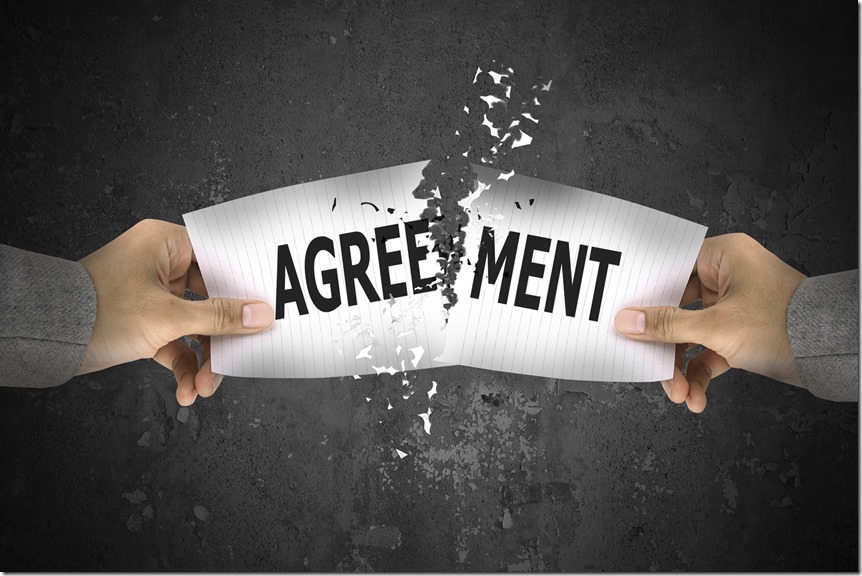What To Say When You Disagree With Your Company Policy
I recently worked with two clients facing a similar challenge.
One was a spokesperson for a local politician with whom he agrees on many things, but not a particular high-profile decision. The other was a representative for a cultural organization whose leader made a decision that he strongly opposed.
In both cases, the clients were loyal to their bosses despite those disagreements—but struggled when trying to answer the often-difficult “What is your personal opinion?” question.
In The Media Training Bible, I advised spokespersons to refuse personal opinion questions and remind the reporter that you’re speaking in your professional—not personal—capacity. That approach is often appropriate, and can work well.
But in both of these cases, that approach felt hollow, so we sought to land on something better.
After discussing the various options (at some length), we landed on an answer that felt more honest, more direct, and more credible. We ended up going with something like this:
“One of the great things about working here is that we’re allowed to debate and disagree. Just as there are members of the public who disagree with this decision, there are members of the staff who do, too—and that’s a good thing, as we need to hear from a diversity of voices before making any big decisions. But in order to foster a trusting environment, our team is committed to standing behind the final decision together, as a group.”
That type of statement worked well for the corporate cultures my two clients were operating within. (It might not be right if your executives balk at even the merest whiff of dissent or if you fear that a rogue team member might air their dirty laundry in the press.)
It’s true that statement carries some risk of a reporter only quoting one line—that some staff members disagree with the decision. But we calculated that the reward for offering a more credible response was far greater than the risks such a response might carry.




I can just see this intro in a newspaper here: “Company spokesperson So-and-So has made the startling revelation that his organisation’s recent decision to blah blah was not popular even with some staff members…”
Does that one line not cause further damage? It’s a dilemma for many, because to even suggest that you’re only representing the company and not personal opinions can also be misinterpreted. I hope other contributors can make further suggestions. But thanks for the thought-provoking post.